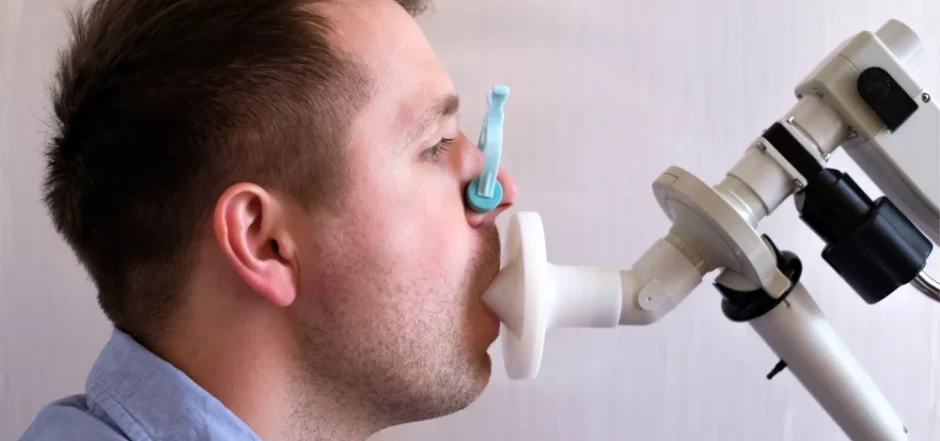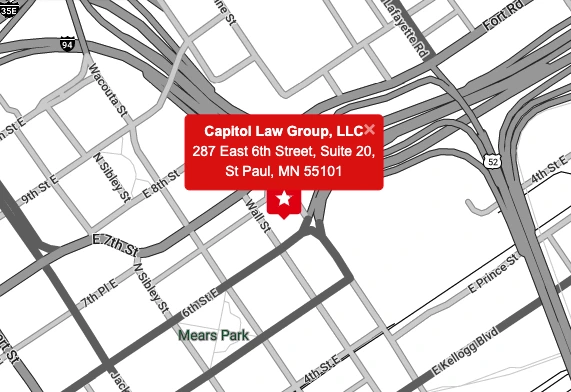If I Took a Breath Test, Can a St. Paul DWI Defense Attorney Still Help Me?

Generally, when someone with a gun asks you to do something, you do it. So, roughly 80 percent of DWI suspects provide chemical samples. Minnesota, like most other states, has a per se DWI law. If the defendant’s BAC level was above the legal limit, the defendant is guilty as a matter of law.
Despite the tough law, chemical test cases are not impossible to defend. Some DWI defenses have nothing to do with intoxication. Additionally, these prosecutions are like all other criminal cases. Police officers must follow certain procedural requirements. Finally, a good St. Paul DWI defense attorney can undermine the validity of chemical test results.
Non-Intoxication Defenses
Intoxication, or the lack thereof, is almost always the major issue in a DWI case. In fact, quite often, it is the only issue. However, prosecutors must also establish the “driving” element of a “driving while intoxicated” charge. Frequently, this point is easy to establish. Many times, the officer saw the defendant behind the wheel. In other cases, however, this element is more problematic:
- Driving, Episode I: Under Minnesota’s DWI law, “driving” is basically synonymous with “operating.” If the defendant controlled the car in any way, that’s normally sufficient. Occasionally, however, the car was not driveable, perhaps because it was out of gas. Or, the defendant did not have the keys.
- Driving, Episode II: Most DWI prosecutions are single-witness prosecutions. But sometimes, prosecutors must call an additional witness who saw the defendant driving the car. That’s especially common in DWI-collision cases. Such a witness is not always reliable or even available.
- Public Place: It is only illegal to drive while intoxicated in a public place. Apartment or shopping mall parking lots are not public places, even if they have streets, traffic control devices, and street signs. A private driveway is also not a public place. The curb in front of a private dwelling is in a grey area.
In close proof cases, a tie always goes to a St. Paul DWI defense lawyer. The prosecutor must establish all facts beyond any reasonable doubt.
Lack of Probable Cause for the Test
Under the law, officers must have probable cause before they ask the defendant to take a chemical test. This evidentiary standard is lower than beyond a reasonable doubt. So, poor performance on the field sobriety tests, like the walk and turn, normally is sufficient.
Frequently, however, this evidence is unavailable, or at least flimsy. Many defendants refuse to perform the field tests, or they perform one and refuse to do more. Alternatively, many officers skip this step altogether. Perhaps they have a good reason for doing so, and perhaps they do not. Either way, a St. Paul DWI defense attorney can challenge probable cause if the state only has evidence like bloodshot eyes or an odor of alcohol.
These physical symptoms might establish reasonable suspicion, which is a lower standard, but they arguably fall short of probable cause. For example, fatigue, smoking, and a number of other things might cause bloodshot eyes. And, an odor of alcohol only proves that the defendant had been near someone who was drinking.
On a related note, lack of a search warrant could be an issue as well. Officers do not need search warrants for breath tests. However, since blood draws are more invasive and the samples last forever, officers must have search warrants in these cases. Search warrant exceptions normally do not apply. Furthermore, the warrant must be supported by affidavit and probable cause.
St. Paul DWI Defense Attorneys and Chemical Test Flaws
Because of the search warrant requirement, almost all test cases involve Breathalyzers. At trial, prosecutors often call police Breathalyzer techs to the stand. These individuals try to dazzle jurors with tales of sophisticated fuel cell cores and electrochemical conversions. But like any other gadget, a Breathalyzer is not 100 percent accurate. Some flaws include:
- Ketone Levels: Smokers, diabetics, and some other people have elevated ketone levels in their bodies. Breathalyzers read these particles as ethanol. So, in a borderline BAC case, like a .08 or .09, the results might be dubious.
- Mouth Alcohol: Officers are supposed to watch defendants for at least fifteen minutes to ensure they do not burp or vomit prior to the test. But, they never watch defendants very closely. Belching or puking floods the mouth with alcohol particles from the stomach, so the Blood Alcohol Content level is artificially high.
- Recent Consumption: Generally, alcohol goes from the stomach to the liver to the blood. That extra digestive step means that any alcohol the defendant has consumed in the last hour or so is not yet in the bloodstream. Once again, the BAC level is artificially high.
To drive home these flaws with jurors, St. Paul DWI defense attorneys often partner with degreed chemists. These professionals carry much more weight with the jury than police technicians.
Reach Out to an Assertive Lawyer
Regardless of the evidence the state has, all criminal cases have some possible defenses. For a free consultation with an experienced St. Paul DWI defense attorney, contact Capitol City Law Group, LLC. Go online now, call us at 651-705-8580, or stop by 287 6th St E, Suite 20, St Paul, MN 55101.




